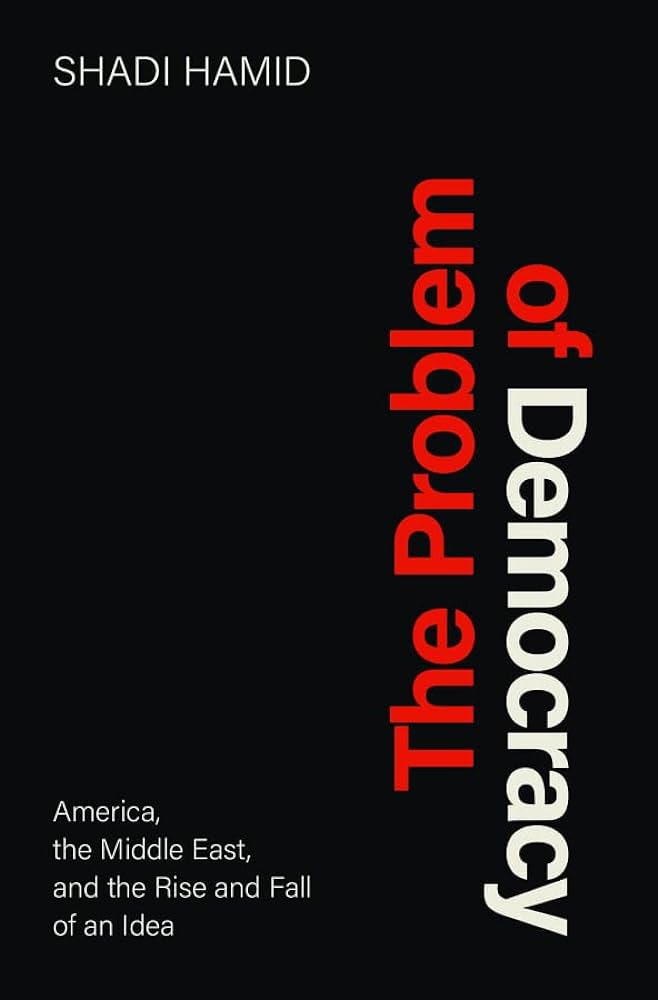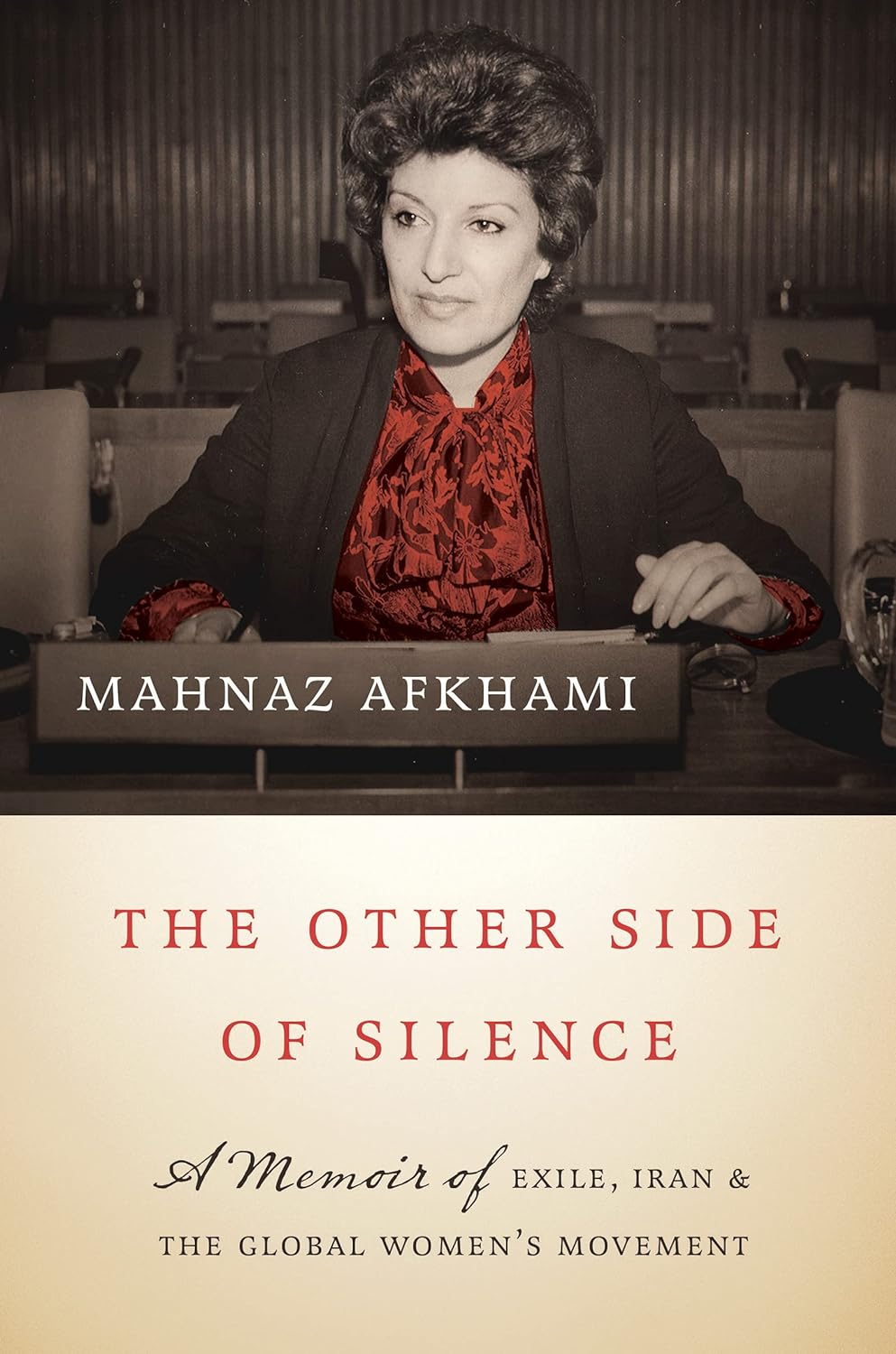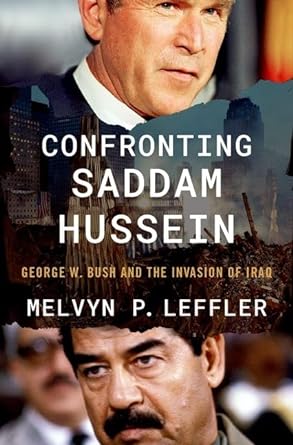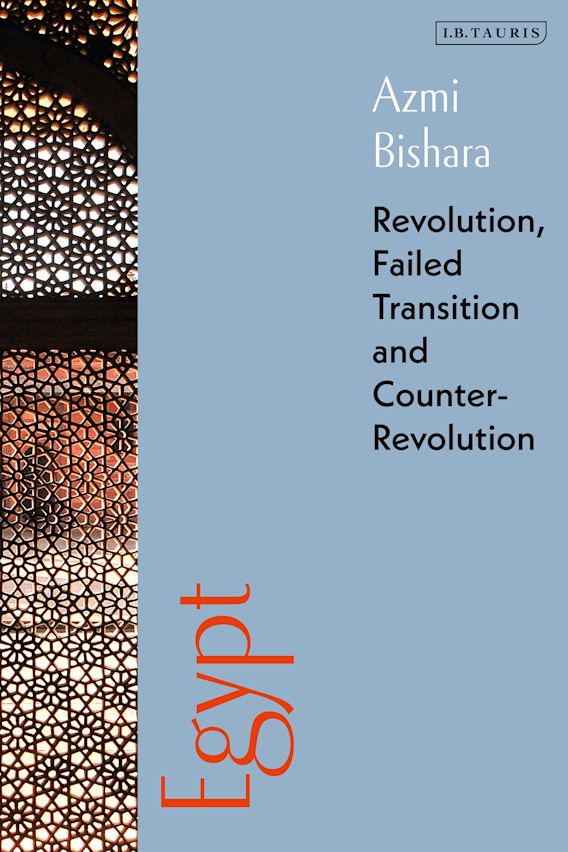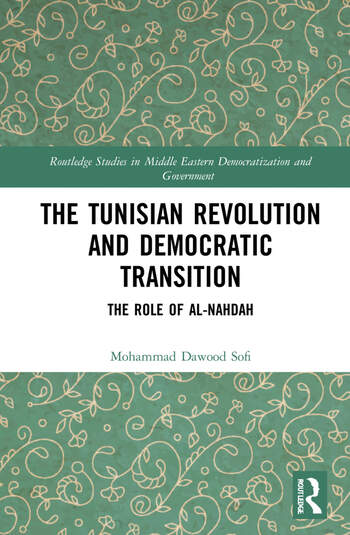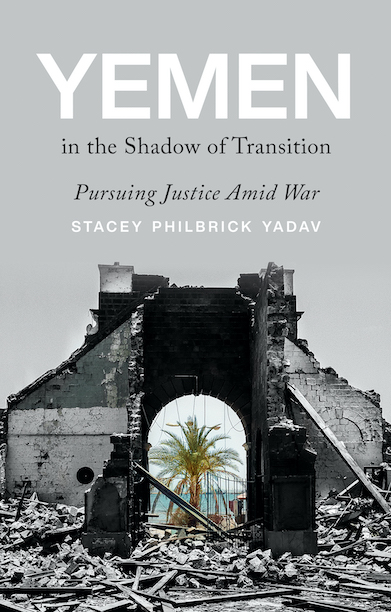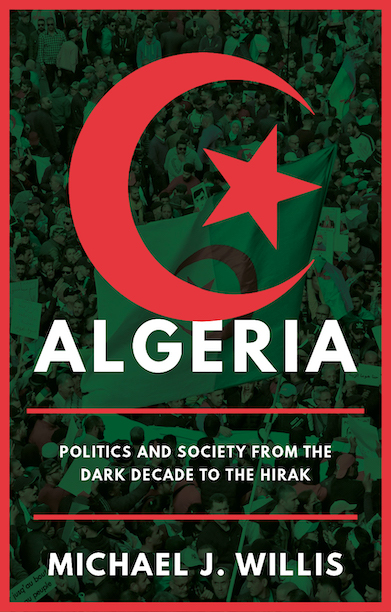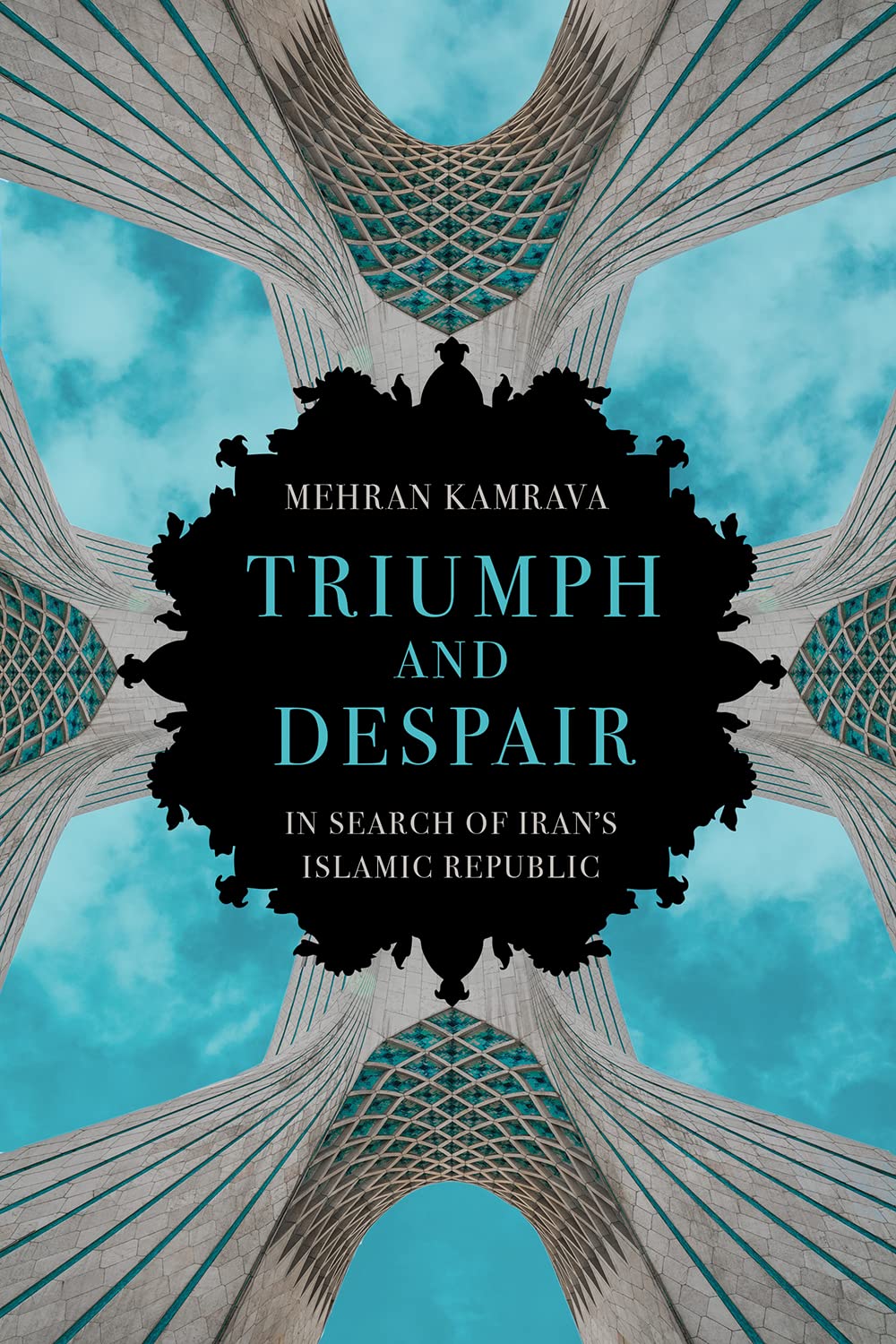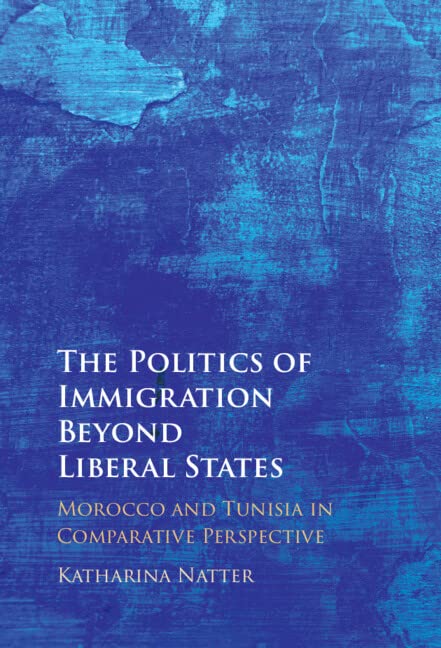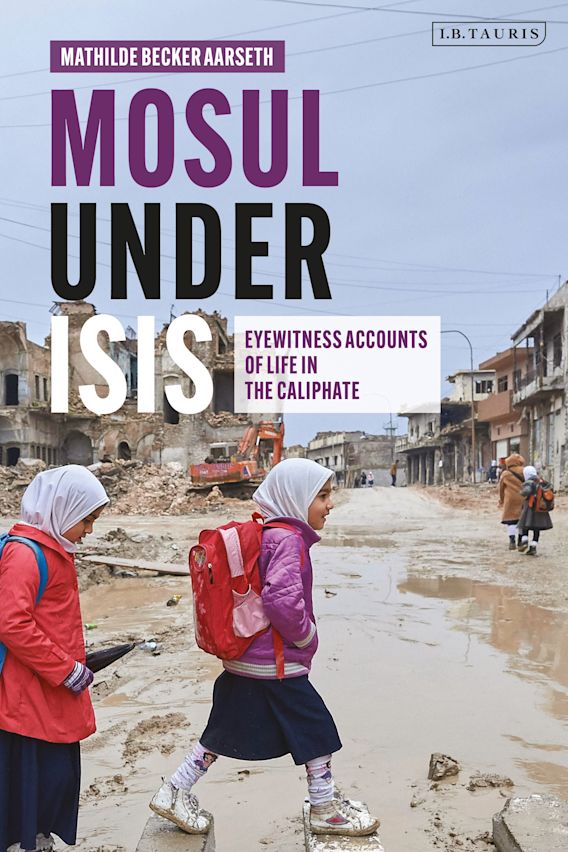Each issue of The Middle East Journal includes book reviews that are among the most respected, comprehensive, and up-to-date in the field of Middle East studies. Here are 10 recommended titles selected by our book review editor from reviews published in this year's issues.
The full reviews have been set to free access for a limited time, so check out the list and, if not already, consider subscribing to receive print copies of MEJ as well as electronic access to issues dating back almost 20 years.
The Problem of Democracy: America, the Middle East, and the Rise and Fall of an Idea
by Shadi Hamid (Oxford University Press)
"Hamid’s conclusion is elegant and memorable. Even illiberal democracy is better than today’s incumbent dictatorships, which not only sow their own revolutionary instability but have exterminated far more political freedoms, and indeed human lives, than any elected Islamist regime in modern history."
Reviewed by Sean Yom, Temple University (from Autumn Issue 2023)
The Other Side of Silence: A Memoir of Exile, Iran, and the Global Women’s Movement
by Mahnaz Afkhami (University of North Carolina Press)
“Her memoir illuminates an incredible depth of experience and offers an edifying example of the many complexities, constraints, and possibilities of local, regional, and transnational feminist organizing, particularly within the larger geopolitical conditions of militarism, authoritarianism, war, and imperialism, to name a few. In looking back while remaining engaged and committed, Afkhami’s book is a valuable contribution to and account of both Iranian and transnational feminisms.”
Reviewed by Catherine Z. Sameh, UC Irvine (from Summer Issue 2023)
Confronting Saddam Hussein: George W. Bush and the Invasion of Iraq
by Melvyn P.Leffler (Oxford University Press)
“Leffler suggests that Bush’s administration never really grappled with the key motivation for its war… Crucial to this was a deeply flawed assumption that Iraq presented a major security threat to the US and to the region because it might develop weapons of mass destruction and give them to terrorists or come to dominate the area by using them or threatening to. Together with his advisers, Bush, Leffler suggests, was essentially helpless.”
Reviewed by John Mueller, Ohio State University, Cato Institute (from Autumn Issue 2023)
Egypt: Revolution, Failed Transition and Counter-Revolution
by Azmi Bishara, translated by Mandy McClure et al. (I. B. Tauris)
“This book is highly recommended for those who seek to understand the reasons behind the 2011 Egyptian revolution and grapple with what went wrong after what appeared to be its early success. … Many Egyptians would also greatly cherish the book for presenting and preserving an accurate story of the revolution and the struggle of the country’s courageous youth.”
Reviewed by Marwa Fikry Abdel Samei, Cairo University (from Summer Issue 2023)
The Tunisian Revolution and Democratic Transition: The Role of al-Nahdah
by Mohammad Dawood Sofi (Routledge)
“The Tunisian Revolution and Democratic Transition is an informative compendium and toolbox for those curious about the Tunisian context. The book is an ever-useful reminder of the case’s leading developments and theoretical arguments, even to more experienced practitioners and eyes, who will not miss some lesser-known details.”
Reviewed by Giulia Cimini, University of Bologna (from Summer Issue 2023)
Yemen in the Shadow of Transition: Pursuing Justice amid War
by Stacey Philbrick Yadav (Hurst)
“Dr. Philbrick Yadav relies primarily upon interviews she conducted with Yemeni political activists of all stripes. … The result is a fascinating recounting of the many different voices, interpretations, and visions from Yemen’s myriad different regions and political persuasions. It gives readers a much better sense of Yemeni aspirations, contradictions, and internal debates than any of the histories of the period.”
Reviewed by Charles Schmitz, Towson University (from Summer Issue 2023)
Algeria: Politics and Society from the Dark Decade to the Hirak
by Michael J. Willis (Hurst)
“Algeria: Politics and Society from the Dark Decade to the Hirak is a must-read for those journalists, politicians, diplomats, students, and academics with less access to Algeria.”
Reviewed by Rachid Ouaissa, Philipps-Universitaet Marburg (from Autumn Issue 2023)
Triumph and Despair: In Search of Iran’s Islamic Republic
by Mehran Kamrava (Oxford University Press)
“Kamrava makes a significant scholarly contribution to the field of Iranian Studies. He also broadens the analytical lens to squarely situate his work as a study of comparative revolution. … For this reason, Kamrava’s book is required reading for students and specialists of contemporary Iran and social revolution alike.”
Reviewed by Eric Lob, Florida International University (from Autumn Issue 2023)
The Politics of Immigration beyond Liberal States: Morocco and Tunisia in Comparative Perspective
by Katharina Natter (Cambridge University Press)
“Altogether, The Politics of Immigration beyond Liberal States is a ground-breaking book. It should be important reading, not only for migration and North Africa scholars but also for all of those in IR and comparative politics who have realized that international migration has become one of the most prominent fault lines in global North-South politics and, at the same time, increasingly, the clearest area of practical convergence between liberal democracies and autocracies.”
Reviewed by Irene Fernández-Molina, University of Exeter (from Autumn Issue 2023)
Mosul under ISIS: Eyewitness Accounts of Life in the Caliphate
by Mathilde Becker Aarseth (I. B. Tauris)
“Mosul under ISIS is a valuable contribution to the literature on the Islamic State organization and makes for an insightful and enjoyable read. I would recommend it for anyone interested in the topic.”
Reviewed by Aymenn Jawad Al-Tamimi, Islamic State Archives (from Summer Issue 2023)
Photo by MOHAMMED ABED/AFP via Getty Images
The Middle East Institute (MEI) is an independent, non-partisan, non-for-profit, educational organization. It does not engage in advocacy and its scholars’ opinions are their own. MEI welcomes financial donations, but retains sole editorial control over its work and its publications reflect only the authors’ views. For a listing of MEI donors, please click here.














